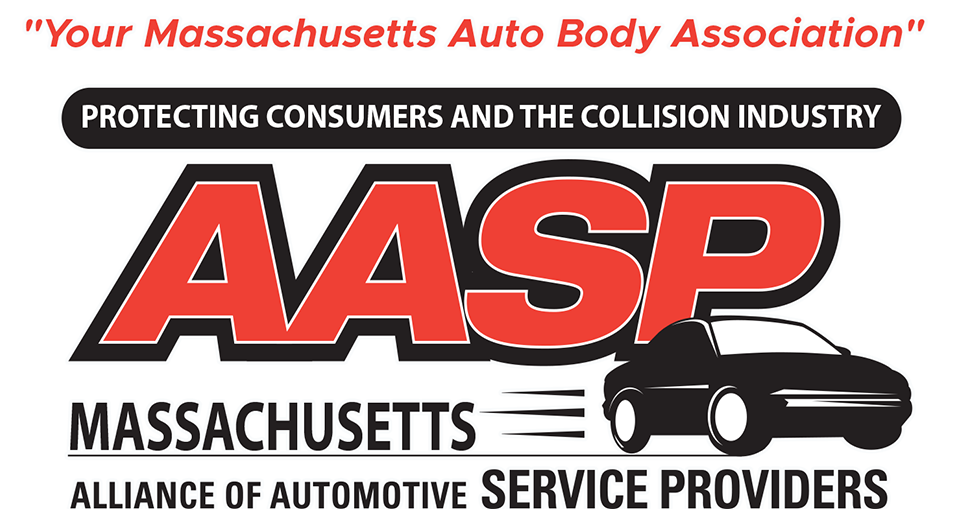Damage Report February 2013
| Unity Is Industry’s Ultimate Challenge
Financial opportunity for business owners in the auto body industry has been in a state of stagnation for many years. This has happened for many reasons, each of which seems to offer many different groups of owners the opportunity to complain about “the other guys.” Preferred lists, DRPs, no repair standards, unregistered shops, etc., are issues that divide our industry and restrict our collective ability to begin to solve the “big picture” problems. Going forward through 2013 and beyond, it is most important that the industry become even more united than ever. Yes, we now are in our third year of the merged associations – the worst of the past is behind us. But, unifying the associations was just the first step in becoming a truly united industry. Now, the real challenge begins. Pulling the industry together will require a very ambitious and intelligent program of reaching out to all shop owners and putting the issue of unity directly in front of them. It is clear that the owners of the 1,800 registered auto body repair shops in Massachusetts have individual goals that differ from one another. Some of these differences are significant, especially when you look at the wide variety of ways shops go to market. But, somehow, these differences must become secondary to all shop owners so that the industry moves ahead. Keeping the status quo will likely cause a very high price to be paid for many shop owners in the future. Many industry leaders look to the several new “preferred list/DRP” programs and see a very different future for the industry. If these new programs are allowed to operate in Massachusetts, as many recent developments indicate, the coming onslaught of DRPs will surely cause many shop owners to close their doors. If insurers are able to step up their steering operations from the current 10-20% to the hoped for 60% or more, there will simply not be enough vehicles in the remaining 40% to keep those shops that either don’t or cannot participate in these programs to survive. Yes, these numbers are speculative. But, there are current examples all over the US that they are not far-fetched. Just look at the numbers in your own shop. Many members who have participated in the traditional preferred list programs in the past continue to report that they have had very few or even no vehicles in their shops from certain insurers as these new, DRP-style programs have taken hold in the marketplace. Sure, smart shop owners adapt to market conditions and, for the time being, some may have been able to overcome this challenge by utilizing other methods of attracting vehicle owners to their shops. But, bad as the reports are, we haven’t even begun to see how tough things are likely to become. This problem, typically, brings cries of “the association shouldn’t let the shops on those lists be members,” or “the association shouldn’t be so critical of the insurance companies – after all, my shop continues to succeed because we are on those lists.” Because this issue always seems to divide shops, insurers are all too happy to feed into the industry’s undoing. What is needed now is for the industry to look beyond any and all issues other than getting together in big rooms around the state and telling all who will listen that we stand together for our own success. Whether we all agree on all issues or not, it is most important that each and every shop owner realize that not standing together will. eventually lead to an industry in which growth of economic opportunity will become even more difficult than it is today. Our Auto Body Labor Rate Bill is about more than the dollars that shops would receive for an hour of labor. The bill was always about economic justice. And, with the few hundred of the 1,800 registered shop owners and their people working together, the legislature is fully aware that economic justice is not being offered to a one billion dollar industry in Massachusetts – the auto body repair industry. Only by coming together and sticking together will economic justice ever become a reality for our industry and each of your businesses. |


